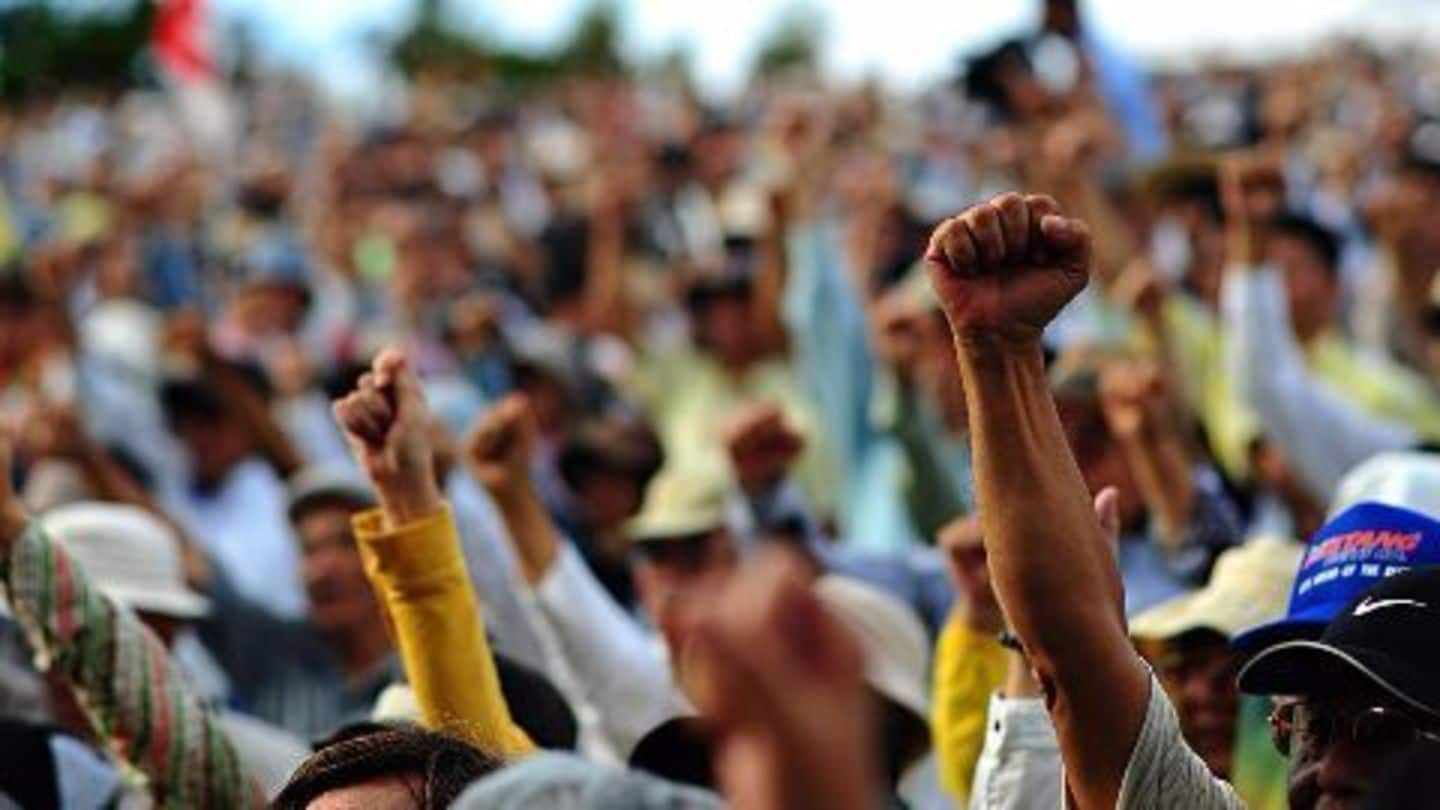
Hundred's killed in Oromo Protests
What's the story
A report published by the Human Right's watch states that more than 400 people have been killed in the Oramia region of Ethiopia by security forces. Ethiopian security forces have used excessive force to supress the anti-government protests. Protests in Oramia commenced in November 2015, against the government's proposed Addis Ababa Integrated Development Master Plan. This plan, if initiated would displace the Oromo farmers.
Oromia
About the region
Oromia is Ethiopia's largest territory, surrounding even the capital of the country, Addis Ababa. More than one in three Ethiopians hails from the Oromo ethnic group, making them the largest ethnic group in Ethiopia. As per the last census of 2007, Oromos comprised more than 25 million of the 74 million population. Conflicts exist between the Oromos and Ethiopian People's Revolutionary Democratic Front (EPRDF).
Personal
Human Rights Violations
For much of the 20th century, the Oromo language was overlooked, even as a school subject. An Amnesty International report in October 2014 showed that 5,000 Oromos were arrested between 2011 and 2014 merely for standing up in opposition to the government.
Apr 2014
How did the protests begin?
The Ethiopian government in April 2014, disclosed it's idea of the Addis Ababa Integrated Master Plan. The plan included a proposal to extend the capital's territory in order to provide greater economic and public services to the surrounding remote areas. The Oromo protestors deem this as an attempt to seize their land, the end result of which will be displacement.
Information
Amnesty International
According to a 2014 Amnesty International report, several actual or suspected dissenters of the government were detained without charge or trial, killed by security services during protests, arrests and in detention.
13 Jan 2016
Withdrawal of the Master Plan
The government of Ethiopia decided to drop plans of expanding the boundaries of it's capital region. According to Human Rights' reports, 140 people were killed by security forces in the protests that started in November 2015. The Oromo People's Democratic Association (OPDO), which along with the Addis Ababa city authority, responsible for executing the plan, decided against it after three days of talks.
Report
The Human Rights report
"'Such a Brutal Crackdown': Killings and Arrests in Response to Ethiopia's Oromo Protests" is the name of the 61-paged report released by the Human Rights Watch. This report is based on the HRW interviews with 125 protestors, bystanders and victims of abuse. Felix Horne is an Ethiopia and Eritrea researcher at HRW and is the report's lead author.